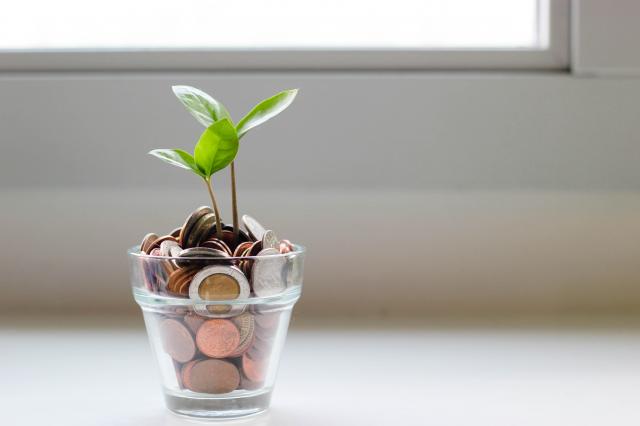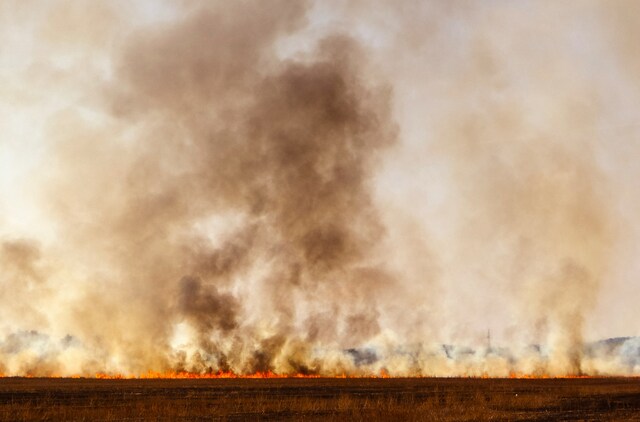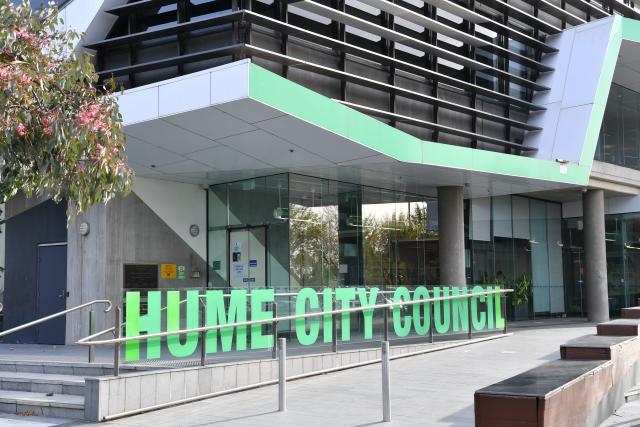New data has shown Australian retail sales volumes fell 0.2 per cent in the December quarter 2022.
The December fall revealed in figures released on Monday, February 6 by the Australian Bureau of Statistics (ABS) followed a 0.3 per cent rise in the September quarter last year.
ABS retail statistics head Ben Dorber said retail sales volumes fell for the for the first time since the September quarter 2021, “with volumes falling across all non-food industries as consumers tightened discretionary spending in response to mounting cost of living pressures”.
“Retail prices remain high, but price growth slowed to 1.1 per cent in December due to flat food retailing prices and additional discounting during Black Friday sales. This was the smallest rise in retail prices for 2022,” he said.
According to the ABS, the Consumer Price Index for the December quarter increased more than retail prices, reflecting the stronger price growth in services seen in the quarter.
“Department stores had the largest volume fall (-2.9 per cent), followed by other retailing (-2.4 per cent), clothing, footwear and personal accessory retailing (-2.3 per cent) and household goods retailing (-2.0 per cent),” the ABS said.
“Growth in food-related volumes offset the weakness in discretionary spending. Food retailing (+2.1 per cent) had the largest rise, with volumes rising for the first time since COVID-19 Delta lockdowns ended. Despite growth in this quarter, food retailing volumes were down 1.4 per cent compared to December quarter 2021.
“Food retailing price growth was flat this quarter, but prices remain high. Price falls for fruit and vegetables offset price rises elsewhere in the industry. This flat price result was lower than the rise in the CPI food and non-alcoholic beverages series due to scope differences between the two series. Food retailing prices reflect Supermarket, liquor and other specialised food store prices and excludes the CPI meals out and takeaway food series, which was a major component of the rise in the CPI index for food.”
The ABS said cafes, restaurants and takeaway food services recorded a 0.3 per cent rise as trading conditions in the food-related industries continued to normalise.
“Retail trade volumes fell consistently across the country, with five of the eight states and territories recording a fall,” the ABS said.
Details: https://www.abs.gov.au/statistics/industry/retail-and-wholesale-trade/retail-trade-australia/dec-2022







